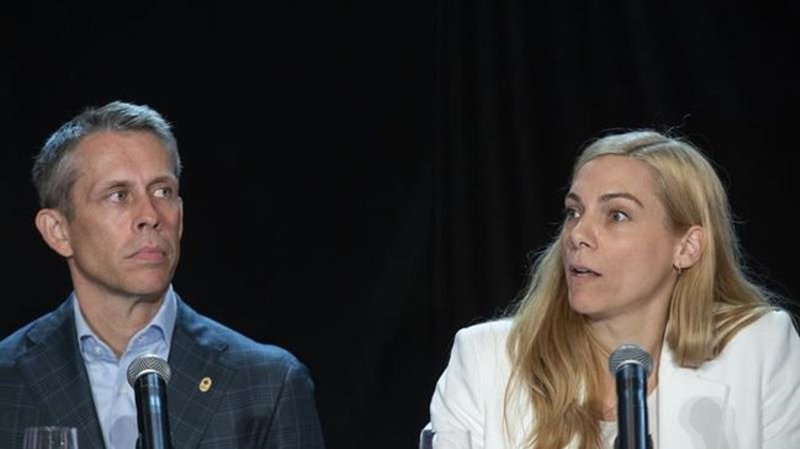
COC supports national safe-sport inquiry, national fencing execs grilled in Ottawa
Canadian Fencing Federation executives were the latest sport leaders called on the carpet by a parliamentary committee to answer for its safe sport record, while the Canadian Olympic Committee’s chief executive officer stated his support for a national inquiry.
Members of Parliament grilled CFF president Yann Bernard in Ottawa on Thursday because some athletes have alleged a longstanding toxic, bullying and abusive environment.
COC chief executive officer David Shoemaker was also among witnesses questioned by MPs.
He joined a chorus of voices from the sports community in supporting a national inquiry into safe sport.


